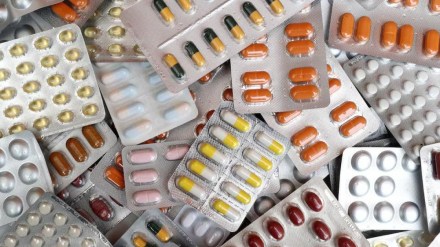In less than three years since its launch, the production-linked incentive (PLI) scheme for the pharmaceuticals sector seems to have taken off.
The latest data by the department of pharmaceuticals (DoP) suggests that all three components of the scheme — pharmaceuticals, bulk drugs and medical devices — have received a substantial interest from the industry.
For instance, the pharmaceuticals category has seen investments of Rs 28,328 crore and generated cumulative production of Rs 1.43 trillion as in April 2024. This is sharp jump from January last year when just about Rs 16,199 crore of investments were made by the pharma manufacturers.
Likewise, the bulk drugs and medical devices verticals have witnessed sharp jump in both investments and production between January 2023 and April 2024. For example, the investments in the bulk drugs category has grown 84% to Rs 3,715 crore in 15 months to April 2024.
Experts said that the scheme has gotten interest from various pharma players, especially in areas where the import dependence is high. “After the initial hesitation, we can see that there’s real money on table. The industry is hopeful that the incentives will materialise which has gotten their interest into the scheme,” said Anay Shukla, founding partner, Arogya Legal.
“It’s a good start but we still have a long way to go. Though production of key starting material (KSM) has started under the PLI scheme, we are still dependent on imports for some KSMs,” said Sudarshan Jain, secretary general, Indian Pharmaceutical Alliance (IPA).
Experts said that the Government e-Marketplace (GeM), which gives preference to Make in India products, might have acted as a catalyst for the uptick of pharma PLI scheme. “The GeM, which is used for institutional purchases, is a big market for companies. The pharma players have realised that there’s a large domestic market that they can capture by scaling up under the PLI scheme,” said a pharma expert.
The DoP data shows that employment generation under the PLI scheme has grown a whopping 145% in over a year — from 27,800 in January 2023 to 68,228 in April 2023. Together, these schemes have a financial outlay of Rs 25,360 crore.
Unnati Jadhav, research analyst at K.R Choksey said that “pharma companies (like Aurobindo Pharma) who have significant business in categories like API (active pharmaceuticals ingredients) have benefitted from the scheme while others who have lesser exposure to the API category or use APIs for their own consumption have not really been investing through PLI.”
